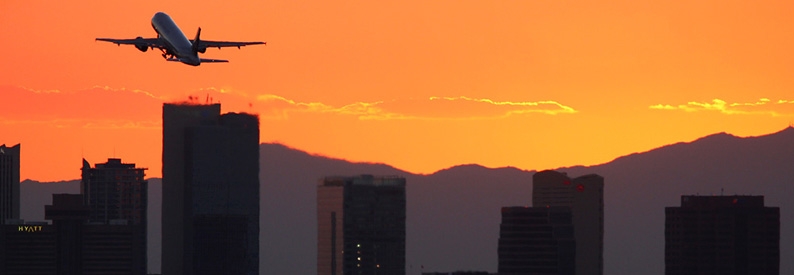Summer Flight Disruptions: What Travelers Need to Know About Delays and Cancellations

Summer often brings the peak season for flight disruptions due to increased travel and challenging weather conditions. According to the Federal Aviation Administration (FAA), bad weather is the primary cause of flight delays, accounting for 66% of total flight-delay minutes year to date. This summer is expected to witness more frequent use of the nation’s airspace, intensifying the likelihood of delays.
Seasonal Increase in Flights and Delays
From mid-June to the end of August, known as the “high season” for travel, there’s a notable rise in flight volumes, attributed to school vacations and increased leisure travel. The FAA data indicates that eight of the ten busiest travel days of 2024 fell within this period. Eric Napoli, chief legal officer at AirHelp, pointed out that during this time, airlines are not typically obligated to offer compensation for delays unless they result from controllable factors like operational issues.
Understanding Airline Compensation Policies
The U.S. Department of Transportation (DOT) mandates that airlines must refund the ticket price and fees if they cancel a flight or make a significant change, regardless of the reason. However, the definition of a “significant” change varies and is subject to the DOT’s interpretation. This definition will become more concrete on October 28, when a new Biden administration rule takes effect, specifying that a “significant” change includes delays of three hours for domestic flights and six hours for international flights.
Airlines’ Promises and Obligations
The DOT has introduced a dashboard outlining the policies of major carriers like Alaska, Allegiant, American, Delta, Frontier, Hawaiian, JetBlue, Southwest, Spirit, and United. These policies typically include commitments to rebook passengers for free on the same airline and provide a meal if the delay leads to a wait of at least three hours. Most airlines also offer accommodations for overnight delays, although none provide cash compensation for delays of three hours or more.
Controllable vs. Uncontrollable Delays
Compensation policies generally apply only to controllable delays, which are directly related to airline operations. Events deemed outside the airlines’ control, such as bad weather, do not typically warrant the same obligations. For example, the global IT outage on July 19, caused by a failed software update from CrowdStrike affecting Microsoft services, was considered a controllable event, prompting airlines to potentially owe compensation.
Advice for Travelers
To minimize the impact of summer travel disruptions, experts recommend booking the first flight of the day, avoiding connecting flights if possible, and allowing ample layover time. Additionally, traveling on less busy days like Tuesday or Wednesday can decrease the likelihood of delays. Packing essential items in carry-on luggage can also prepare travelers for unexpected overnight delays.
As the summer travel season progresses, understanding these nuances can help travelers better navigate disruptions and secure any due compensations.
Sources: AirGuide Business airguide.info, bing.com, cnbc.com
